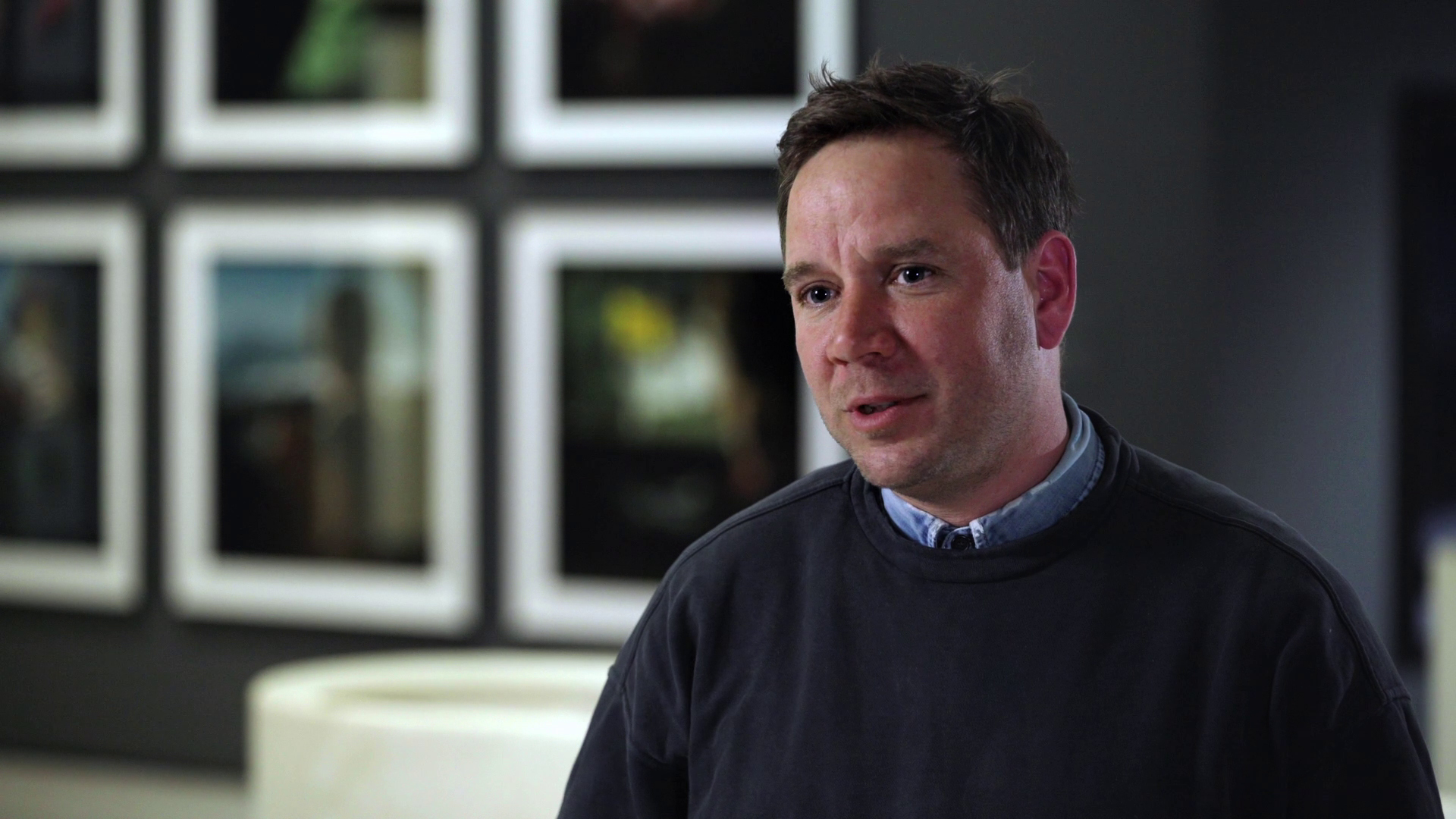About the Exhibition
Andreas Mühe is one of Germany’s best-known artists. His photos revolve around sociological, historical, and political themes, which he stages in elaborately constructed, dramatically lit settings. The Städel Museum presented a solo exhibition of some 55 works by Mühe, among them better and lesser-known series from his œuvre to date as well as the cycle “Biorobots II” (2021), here on view for the first time. In his works, he concerns himself with attribution to collective categories such as family, nationality, politics, and culture as constructs of a social order. His portraits of Angela Merkel are iconic: he accompanied the former federal chancellor on many of her travels and undertook an in-depth analysis of her poses. The degree to which these shots are characterized by a political pictorial language is evident in other photographs of Merkel featuring the artist’s mother as a double. The line between real and staged becomes blurred—in the official and the simulated photos alike. In the town of Wandlitz, Mühe also photographed the houses of the one-time leaders of East Germany’s Socialist Unity Party (SED). Surrounded by darkness, they look like mock-ups and belie their historical role. Mühe uses a large-format camera that, on account of its difficult handling, presupposes complex compositions. With a sharply pointed aesthetic, he depicts historical occurrences or their venues in timeless environments. His aim is not to illustrate but to reinterpret the given contents—whether human beings, architecture, or landscape—by pictorial means. Mühe’s photos play with the viewers’ visual habits, an approach also encountered in works in the Städel collection by photographer colleagues of his such as Rodney Graham and Thomas Demand.
Curator: Dr. Kristina Lemke (Head of Photography, Städel Museum) in close collaboration with Andreas Mühe
Art After 1945
